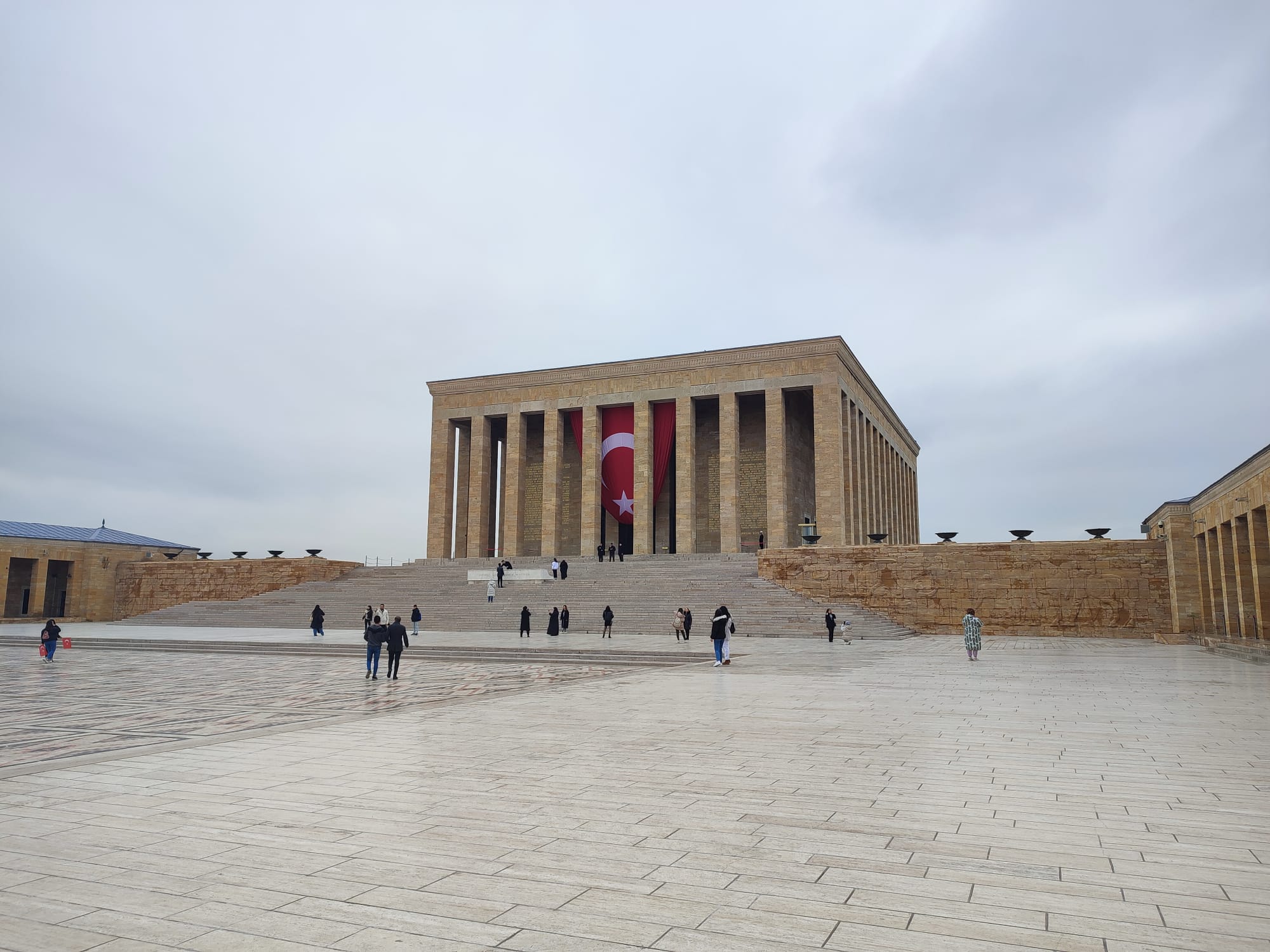Few countries could be as interesting to analyse as Türkiye in the current context. Türkiye faces upcoming elections; has struggled through recent devastating earthquakes; and remains an important player in the European geopolitical context, a bridge between Europe and Asia/the Middle East, a key European Union (EU) partner, and a North Atlantic Treaty Organization (NATO) member.
The context of the war in Ukraine certainly impacted the perception of and expectations for Türkiye. In general, Europe has seen a change in continental politics since February 2022, security perceptions have been altered and impacted. While it had been clear that the main mechanism to react would be a sanctions-driven foreign policy, it had been less certain what Türkiye’s position would be in this case.
The positive engagements of Türkiye since the start of the war in Ukraine have been the attempts to facilitate talks (albeit not necessarily to mediate). Further aspects are the Black Sea Grain Initiative and generally attempts for de-escalation in the Black sea, as well as efforts at facilitating prisoners swaps between Russia and Ukraine.
For Türkiye, Russia remains an important player especially regarding energy (nuclear, and gas), as well as domains such as tourism. Türkiye’s trade flows continue to Russia, with EU-Türkiye trade also having grown. This might bring fear of trade flows going against the EU’s sanctions against Russia, through the EU-Türkiye customs union: such a situation would be problematic from an EU perspective in relation to trade in aviation or sensitive technology (such as chips and civilian technology) that might be used in the war with Ukraine. EU institutions have addressed this matter.
As regards foreign policy in the Middle East, Türkiye has aimed for normalisation with countries in the region in the past one year. This involved in particular the United Arab Emirates (UAE), where there have been requests from both sides for ameliorated relations. A further partner in the region is Israel, with which a generally normalised relationship can be seen.
Türkiye has also attempted normalisation with Syria, driven to a certain extent by Russia (which is now however more focused on Ukraine). For Türkiye, the relations with Syria are to a large extent also linked more to domestic politics, regarding the issue of refugees as well as nuclear cooperation. Nonetheless, the relations remain ambiguous and informed by the stance of Russia. Syria has put strict conditions for normalisation with Turkey, i.e. withdrawal of troops.
Türkiye’s relations with the European Union, build (among other elements) on the framework of the Association Agreement, the EU-Türkiye Statement, and the fact that Türkiye is a NATO member state in the European family. Nonetheless, the relationship with the EU is complex. Türkiye is a candidate country, receiving large financial assistance for example through the Instrument for Pre-Accession Assistance (IPA). The EU could be said to adopt a pragmatic approach in its relations with Türkiye, with dialogue under the IPA committees and sub-committees under the Enlargement Policy. As a general trend of Türkiye’s policy striving less towards approximation, the EU can still contribute through local projects, for instance relating to refugees or constructions of schools, hospitals, etc.
Indeed, through the many EU Funding programmes, Türkiye is very anchored in the EU system, which was also seen in the aftermath of the recent devastating earthquakes that affected Türkiye and Syria.
A particular role in the context of the earthquakes was played Greece, which, while sometimes on a tenser relation with Türkiye, reacted quickly after the earthquake with one of the fastest rescue teams. Furthermore, the large and important International Donors’ Conference in Brussels in March 2023 demonstrated not only solidarity in statements, but also a concrete financial commitment of the EU to assist with reconstruction, humanitarian needs, socio-economic support. The International Donors’ Conference has been a huge sign of solidarity, marking an important moment in EU-Türkiye relations.
In its internal affairs, Türkiye is known to face an economic and financial crisis. With the economy out of balance, Türkiye is currently the large importer of gold; property prices have risen; and the Turkish Lira has fallen drastically in value.
The upcoming elections in May 2023 remain uncertain and create a political environment in the country in which ‘anything can happen’. President Recep Tayyip Erdoğan is striving for a win; his opposition is fragmented, has managed to agree on a common candidate, but remains weakened. The Organization for Security and Co-operation in Europe (OSCE) and the Council of Europe will be assessing whether the elections are free and fair.
Overall, there is no doubt that Türkiye remains a strong significant regional power, an important actor for NATO as well as for the EU, with the potential to use its geographical location as a bridge between Europe and Asia/the Middle East. Internal instabilities and increased tensions after the devastating earthquakes and upcoming elections with an uncertain outcome, make Türkiye a country worth keeping attention on.

